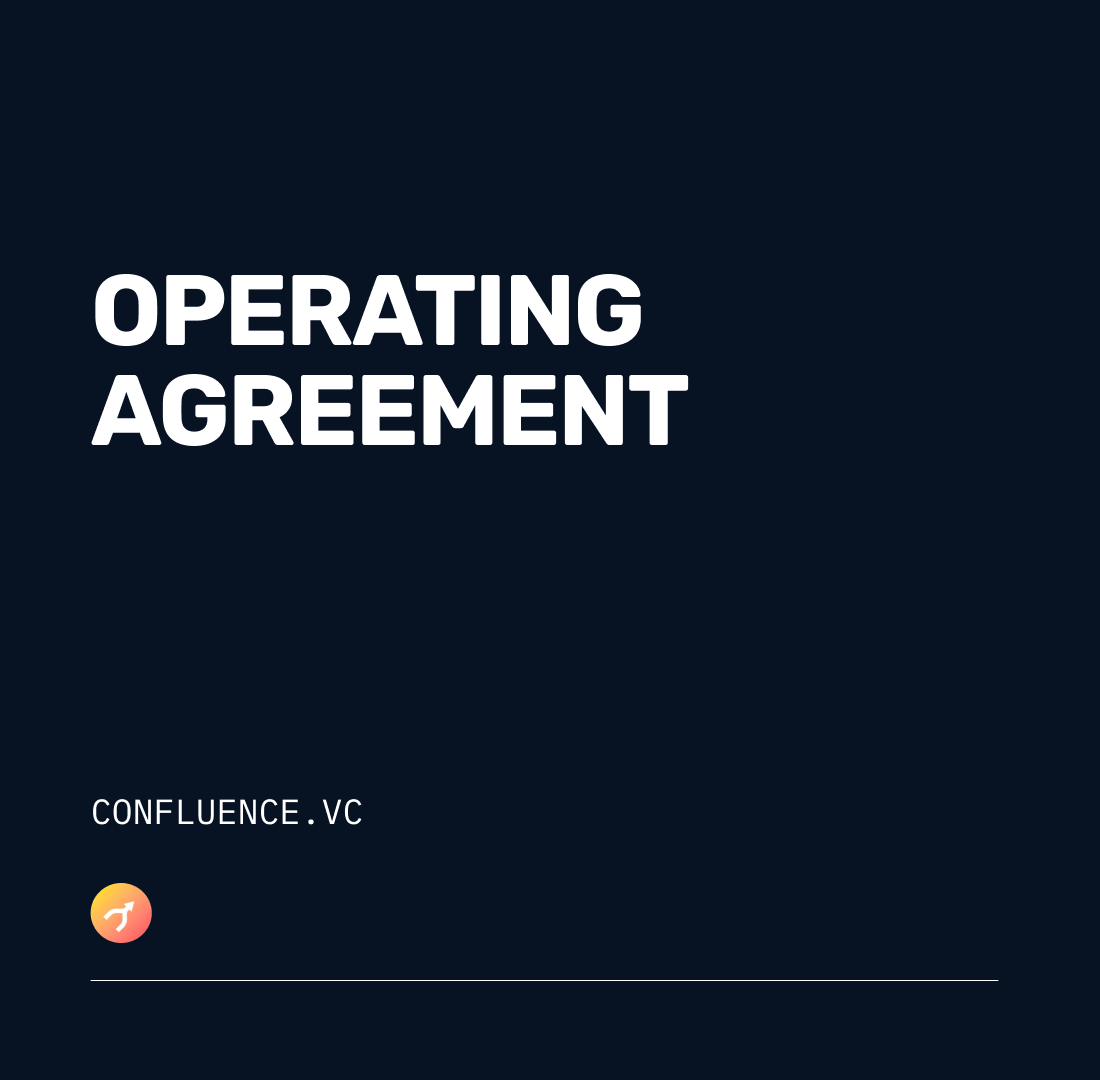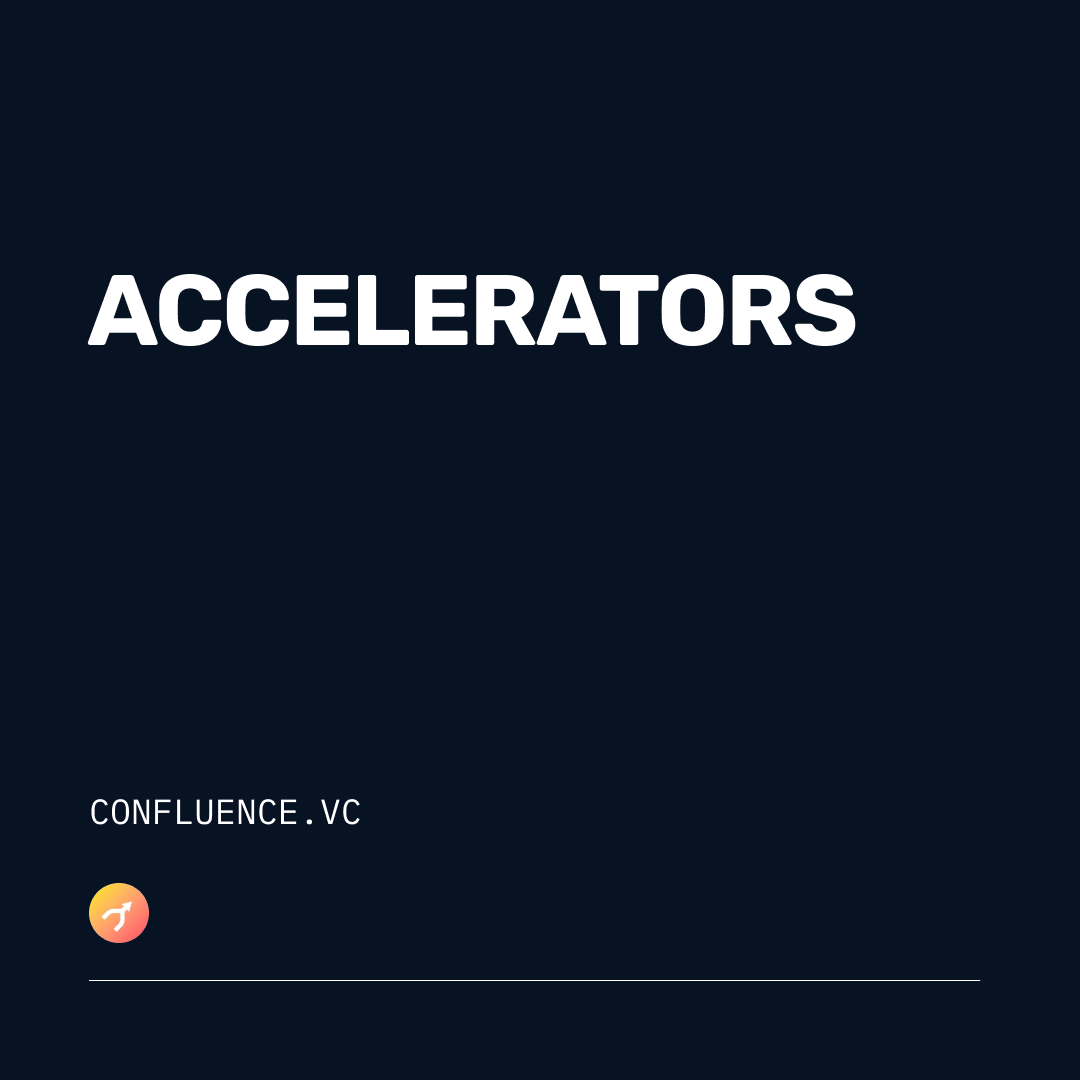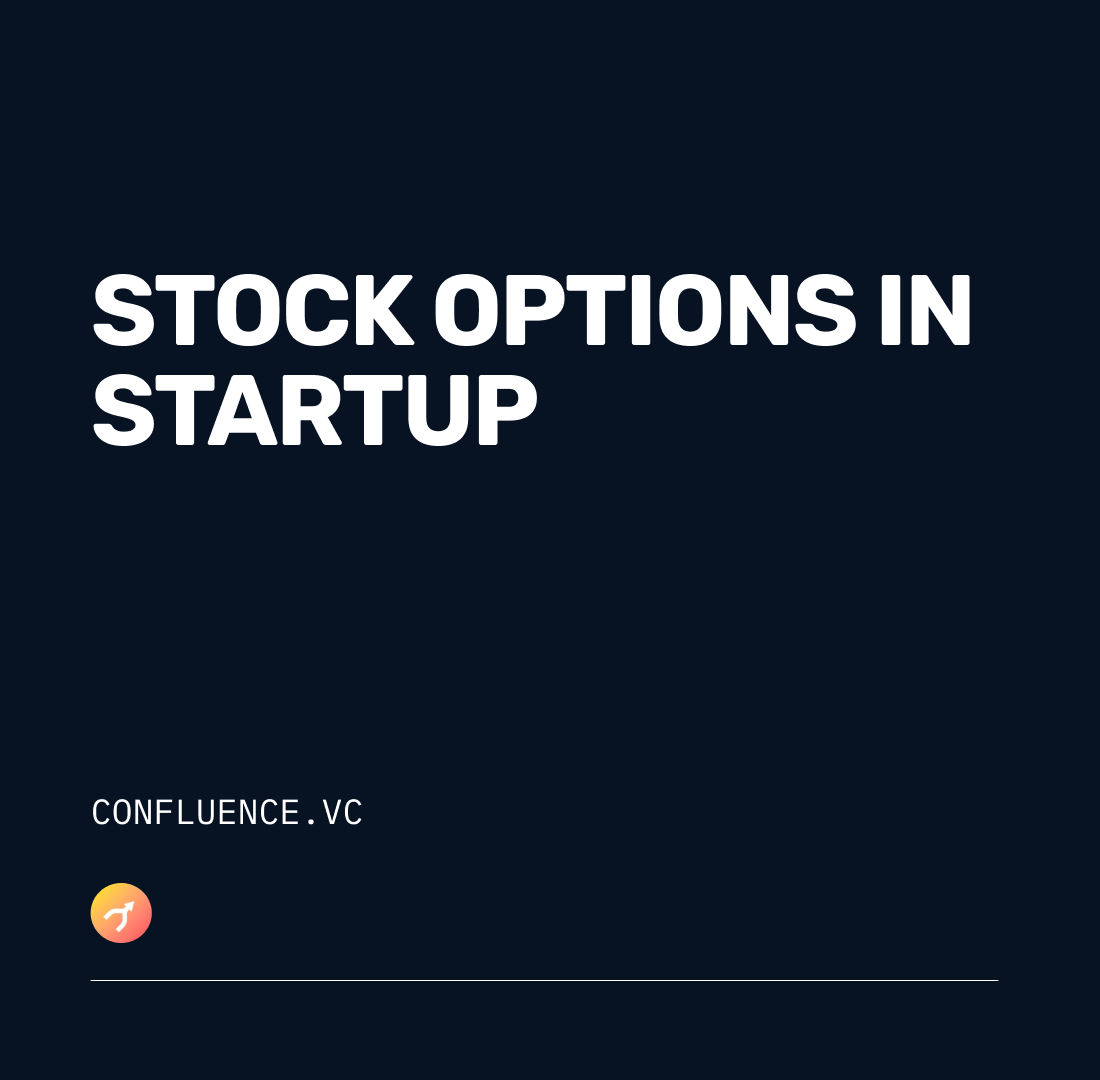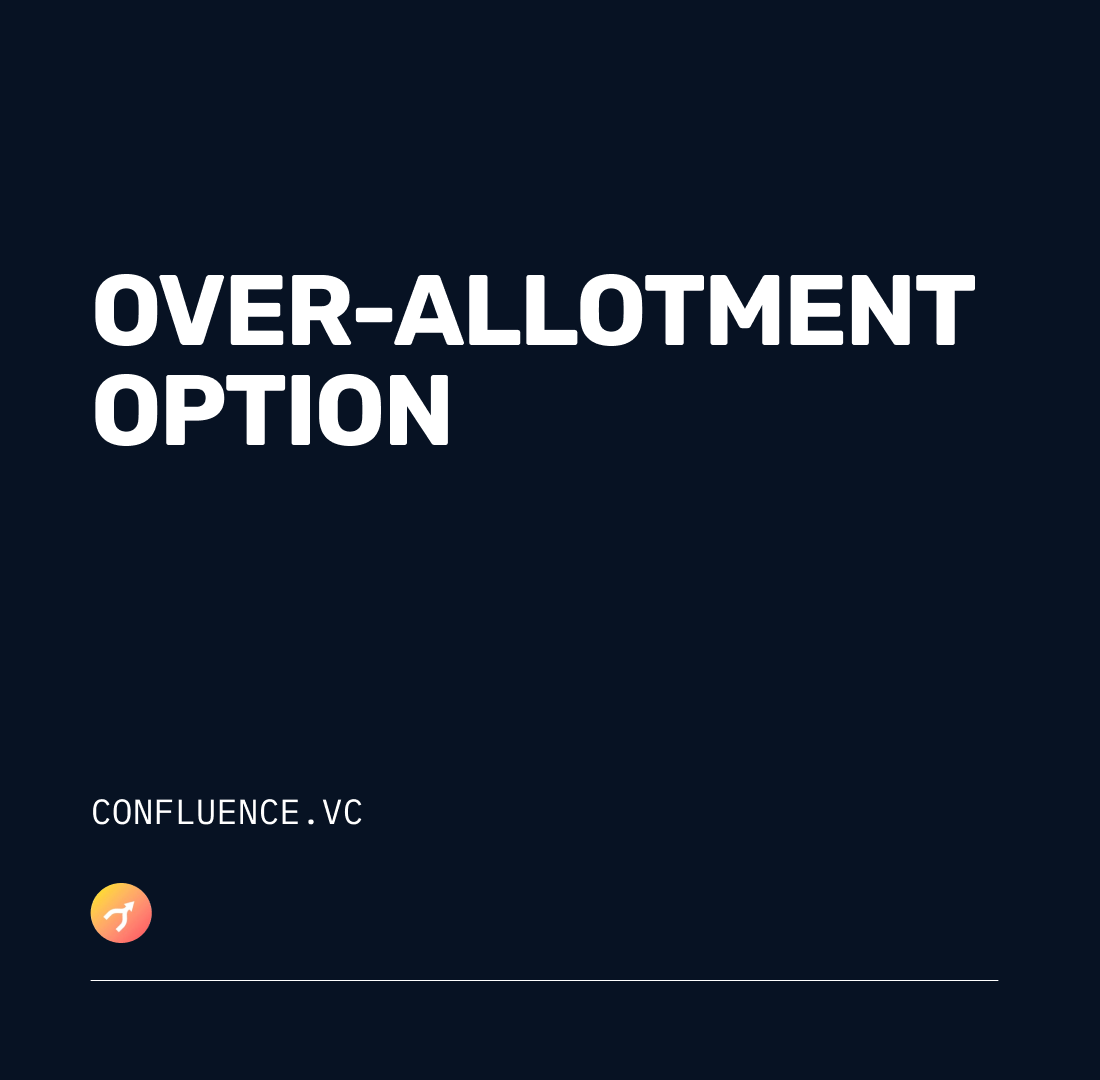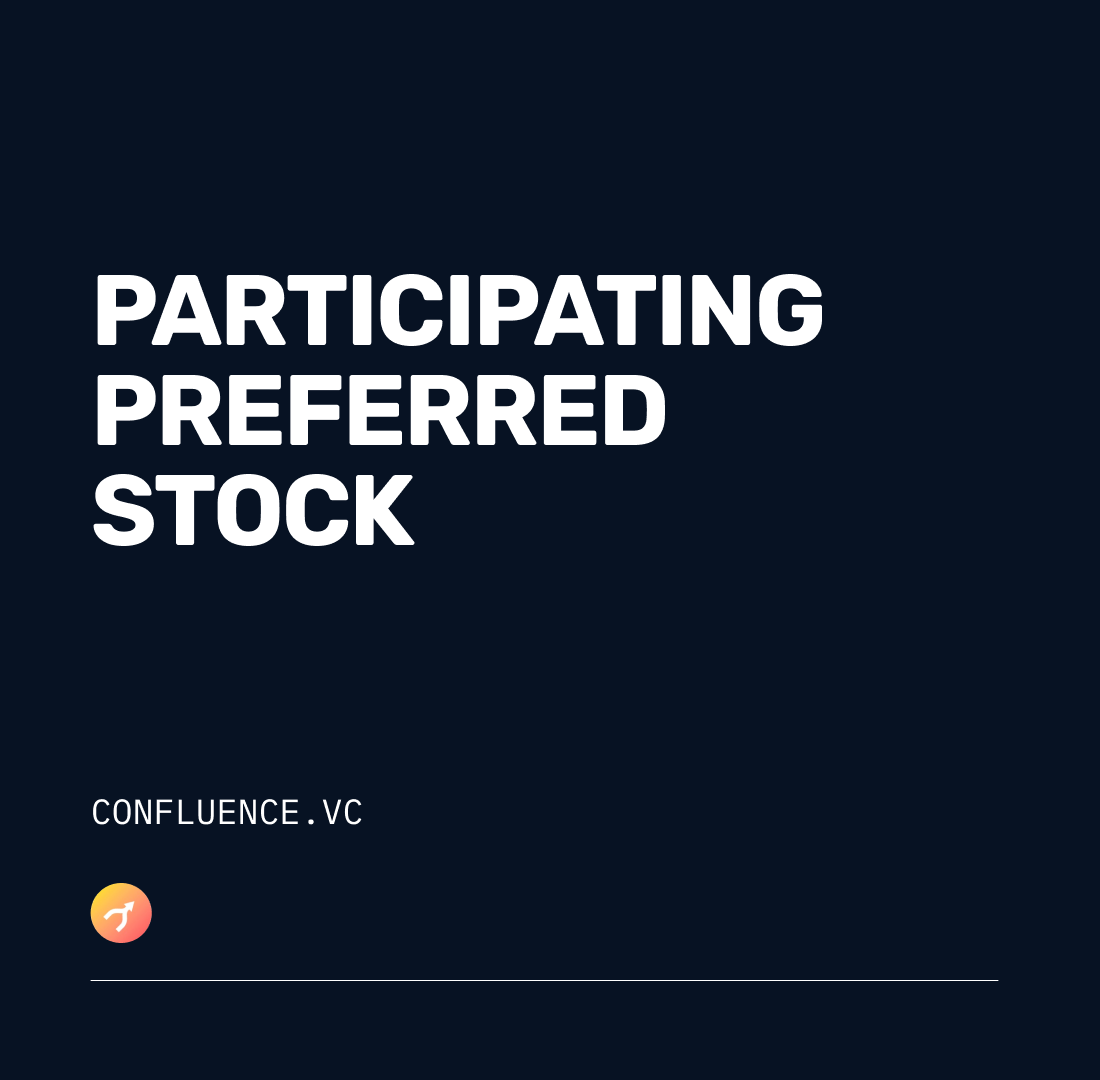Is it Worth Applying to an Accelerator?
The overwhelming answer to most startups is “yes”.
An accelerator can provide a lot of support for first-time entrepreneurs.
- A playbook of past startups
- Making connections with early-stage investors
- How to pitch The best ways to do this
- A visual representation of a fund-raising cycle
These programs can connect you with subject matter industry experts to help achieve product/market fit or help you create a go-to-market plan.
There are many success stories. Brent Grinna, the co-founder of EverTrue, says, “I don’t think we would have made this without Techstars.” The company has raised approximately $25 million in venture capital in the five years since it was part of the startup accelerator program.
You must be careful about what you give up equity and your time in return for off-the-shelf assistance. According to Seed-DB and GrowthMentor, top programs have a lot of highly-respected graduates. However, the number of successful exits and raised amounts has dropped rapidly.
What is a Startup Accelerator?
Startup accelerators are short-term growth programs that allow for a few years’ growths within months.
These programs can be described as a program that helps you become more market-ready and develop your investment skills. Study after study shows graduates of these top-rated startup programs achieved key milestones earlier. A startup program has many benefits, including:
Seed funding:
Most programs provide pre-seed or seed investments to their clients. The size of investment differs by program, and the majority of accelerators exchange capital for equity in the business.
Private and coworking:
Hard work and dedication are crucial to success. Accelerators allow you to work independently, and they often offer coworking space and private offices.
Training:
There are numerous programs of this type that offer unique training opportunities.
These opportunities are available first through formal mentorship programs. These advisors are investors and founders who have succeeded in growing successful businesses. Companies will participate in workshops, mentor meetings, and pitch practices throughout an accelerator.
Networking:
The accelerator program relies on cohorts.
Startups can meet other early-stage developers over several months. They share ideas with other innovators to help them achieve future success and create partnerships. Accepted startups can collaborate with successful founders and gain access to an alumni network.
Demo Day:
The program ends with a pitch day. This is arguably the most important part of the program because it lets the team can pitch their business to potential investors and customers.
Demo day is typically the culmination of the program.
Accelerator Examples
There is no shortage of startup accelerators. Here are five of the most well-known and respected of these programs:
- Techstars
- Y Combinator
- 500 Startups
- Play and Learn
- Dreamit
If you’re looking for more accelerator investors, check out the list of Confluence.VC members working at accelerators.
How Long Do Startup Accelerators Usually Take
Each program is different, but most programs last 8-12 weeks.
What is the Application Process?
It isn’t easy to get into one of the top business programs. Top programs only accept 5% of applicants. Each program has its requirements.
It takes much research and preparation to apply. Most companies receive a decision within a short time, while some programs can take up to a few hours. Each accelerator will have its review. They generally follow three steps.
- Complete an application questionnaire. You should be able to show that you have done extensive research on the company and the team.
- Take a seat for a quick interview. Top programs have conversations that last between 10 and 15 minutes. Mock interviews are helpful if you get to the interview stage.
- Selection process. After the program has assess the companies applying for the given cohort, they will make a decision on which companies to accept.
Advantages of a Startup Accelerator
Enrolling in a startup program has many benefits. These can be beneficial for your startup because of the many benefits they offer.
- Potential growth: Scaling the business is the ultimate goal of an accelerator program. Your company can thrive with dedicated work time, expert training, and investment opportunities.
- Valuable feedback: One-on-one meetings are available with program advisors. They have extensive experience growing startups, gaining investors, and entering markets.
- Networking opportunities: Companies collaborate with other startups in coworking spaces or workshops. Mentorships and alumni give you unparalleled access to the most successful entrepreneurs.
- Seed investments: Participants frequently receive funding through the program. The program ends with them pitching investors.
- Prestige: An accelerator is a badge for investors. Participation in top programs shows that your team is skilled, driven, and trained.
Investment Capital
Access to venture capital is another significant advantage of an accelerator program. Investors are attracted to program participants in many ways.
- Prior investments: Some accelerators may require partial funding to enter the program.
- Seed investment: Many programs provide seed accelerator financing, but they will usually also take a stake.
- Demo day: Startups pitch their businesses to investors as the program ends.
- Mentors: These mentors are investors and innovators in their own right. Sometimes they invest in their mentors’ teams after the program is over.
Cons of Startup Accelerator
Consider whether the program is in line with your goals before you decide to join. A startup program has its disadvantages.
- Equity loss: Most startup programs get equity from startups as part of their programs.
- A commitment to rapid growth: Some companies find that slow growth is the best way to achieve long-term success. Every startup doesn’t like short-term scaling.
- Distractions: Mandatory meetings, social events, and other distractions can distract from hard work and concentration for some.
Who is Startup Accelerators Looking for?
The focus of accelerator programs is narrow. These programs are for startups with little investment and a high potential for rapid growth. Others are looking for startups in particular sectors, such as EdTech and AgTech. These are the most popular requirements:
- A working business plan
- Minimum viable product (MVP)
- Strong teamwork skills
- Scalability
- Coaching
- Entrepreneurial spirit and drive
A Startup Accelerator Program that is Right for Your Business.
Venture capital is not necessary for some businesses that prefer slow growth. Accelerators are not always required in these cases. A startup program is an excellent option for businesses that need expert guidance, funding, and growth. If you are willing to put in the effort, an accelerator program might be right for you.
- Scale quickly: It can allow companies to scale within a matter of weeks.
- Give up some control: Mentors often have substantial control over the company. You might disagree with their ideas. You get guidance from successful entrepreneurs who know what works in exchange for your leadership.
- Impress investors: Most investors would like to see your business plan before they invest in your company.
- Relocate –Accelerators require months of uninterrupted attention on their campus. Your team should be prepared to pack their bags.
- Focus: Programs provide many mentor meetings, seminars, workshop time, and individual work time. Every day will be packed.
Preparing with a Pre-Accelerator Programs
You have room to grow if you are an entrepreneur with an excellent idea. Pre-accelerator can help you take your business from idea to product. These programs can give you an advantage when applying for accelerator funding. These programs can provide crucial training for startup founders and pre-seed financing. A pre-accelerator program can provide many benefits, including:
- Create a business plan: Workshops, co-working time, and workshops will help you turn your idea into a viable business model.
- Make a prototype: Most accelerators require a minimum viable product.
- Get to know your co-founder: A pre-accelerator connects entrepreneurs with others. You can exchange ideas or start building your team.
- Learn from successful entrepreneurs: The coaches are founders. They will stress-test your plan and then share the lessons that they have learned.
- Learn how to get in the innovation mindset. The courses will teach you the thinking processes and strategies of successful entrepreneurs.
Bottom Line
To summarize, accelerators can positively affect the performance of the startups they work with, even compared with other critical early-stage investors. But this finding is not universal among all and has been isolated to leading programs so far.
Early evidence also shows that accelerators may positively attract seed and early-stage financing to a community, bringing spillover benefits to the broader regional economy.
To learn more about other terms commonly used in venture capital, check out our complete VC Glossary.
